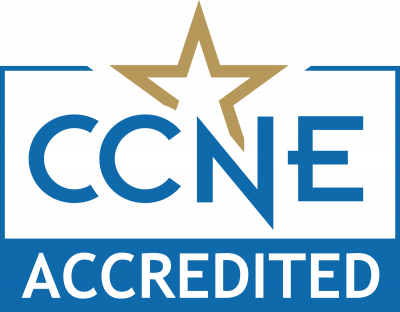
We care.
We innovate.
We advocate.
And you can, too.
The University of Connecticut Elisabeth DeLuca School of Nursing has a timeless commitment to wellness and provides the exceptional education needed to succeed in this rapidly evolving profession.
For over 80 years, the University of Connecticut Elisabeth DeLuca School of Nursing has prepared professional nurses who have gone on to provide leadership at state, national, and international levels. Grounded in the arts, sciences, and humanities, the school is committed to providing nursing education at the undergraduate, master’s, doctoral, certificate, and continuing education levels.
Educational requirements for eligibility to apply for licensure varies from state to state. It is the responsibility of each prospective applicant and student to know the educational requirements in the state for which you plan to apply for licensure. Visit the link above for an overview of whether the program curriculum meets educational requirements for licensure by state.
Distance Learning and Experiential Learning Requirements
The Public Health Initiative is an effort to cultivate collaboration among faculty and students across the University. A broad range of established academic programs at the University of Connecticut perform relevant public health work. Most have strong research and outreach programs that work within communities statewide. These outreach and research efforts provide training for students at both the undergraduate and graduate levels.


